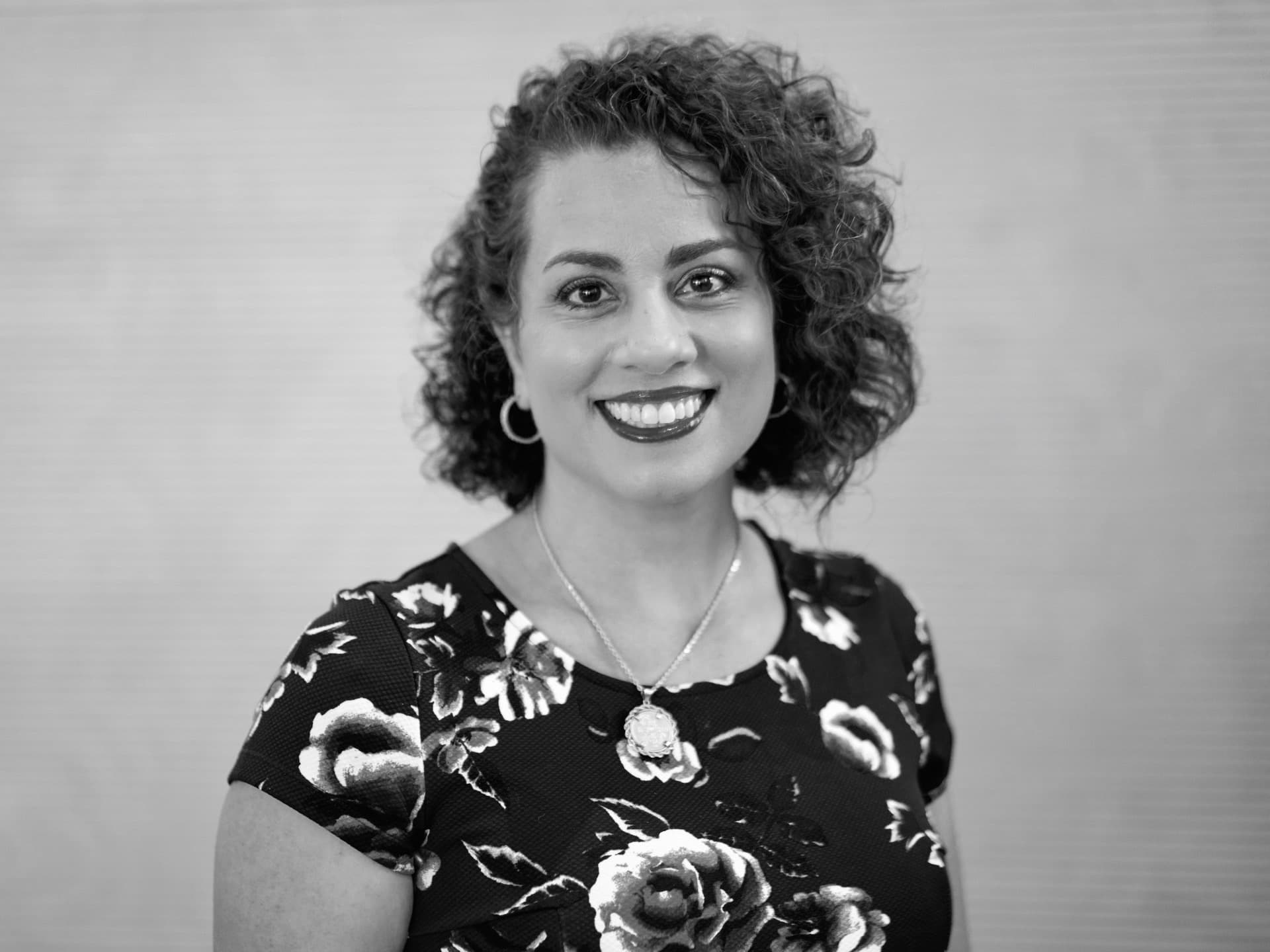I couldn’t see his face through the mechitza (the wall separating the men and women), but I heard him, the tears in his voice, the deep sorrow, as the cantor read Jeremiah’s Book of Lamentations poetically remembering the horrific tragedies the Jewish people have suffered.
His voice choked before the sobs as he literally cried: “Remember, Hashem, what has befallen us, and see our shame. Our inheritance has been overturned to strangers; our homes, to foreigners.”
This was in the temporary synagogue of the Netzarim community in City of Ariel. The cantor wasn’t crying over ancient Jewish history, as Jews do on Tisha B’av, but recent Jewish history, over the loss of his own home. Netzarim was a Jewish community in Gush Katif uprooted from the Gaza sands. His community has been overturned by the likes of Hamas; his home has become a base for rocket launchers.
Without any place to go, the City of Ariel welcomed the Netzarim community to the vacant Ariel University dorms that summer of 2005, when the Israeli government, to quote Lamentations, “dealt treacherously with her.” Moved by the warm welcome, they decided to rebuild their lives in Ariel, where I too have made my home. From what has become a Jewish trailer park, one can see the permanent dwellings they are currently constructing on a southern Ariel hill.
These were people who literally cried every Tisha B’av because they felt the destruction of the Holy Temple in their souls. Motivated by a deep desire to protect the Jewish people from harm, they had settled in Gaza, with the blessing of the Israeli government, to serve as buffer zones against terrorism in Gaza. They absorbed rockets so that Sderot wouldn’t have to. They grew herbs and lettuce out of sand from their sheer will and love, almost like a miracle, so that they could support themselves, honorably.
Some might argue that the destruction of the Gush Katif settlement bloc doesn’t belong to the tragedies that a Jew should commemorate on the saddest Jewish holiday. But I was there when it happened. I was dragged out of the Neve Dekalim synagogue with singing, crying girls. There was no bloodshed, but there was carnage—the carnage of souls, the carnage of the spirits of people who risked their lives for their country, only to get misery in return, to see their synagogues torched, their homes hacked by bulldozers, with no one to comfort them, no one to care.
